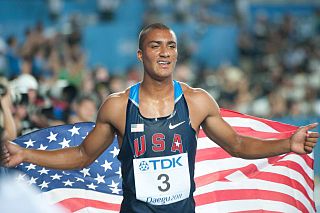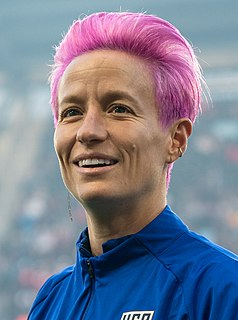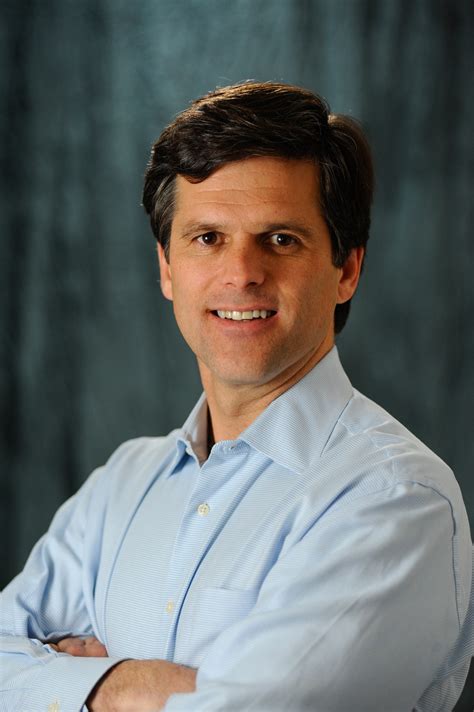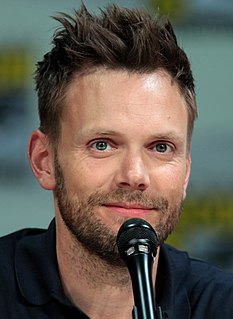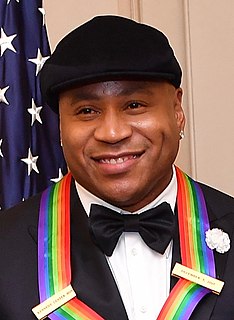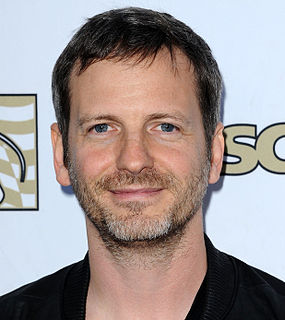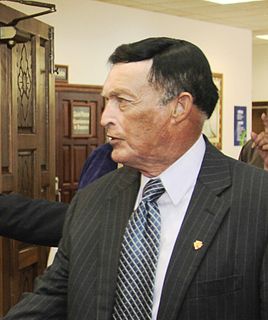A Quote by Alanis Morissette
I'm about 90 percent vegan. I think veganism is really well suited for training, at least for me anyway.
Related Quotes
I think that veganism is a totally great choice with incredible benefits, but I don't think it's reasonable to expect other people to be vegan or to expect everybody to be vegan. You can proselytize all you want, but being vegan is a pretty intense choice for a lot of people. You can encourage people to eat vegan more, certainly, and I personally eat vegan quite often.
I find it very annoying that so many animal advocates talk about the difficulty of being vegan. Many animal advocates are inclined to make the issue their suffering and not the animals' suffering, and I suppose that accounts for part of the reason that veganism is portrayed as such a "sacrifice." And many animal advocates are not vegans, or are "flexible vegans," which means that they do not observe veganism at all or not consistently, and emphasizing the supposed difficulty of veganism is part of justifying their own behavior.
I think the fear of humiliating yourself on stage always motivates me to give at least 90 percent. I've definitely been guilty of leaning on the mic stand, but you can only do that so long before you're like, "Jesus, I'm bombing." The fact that people pay to come see me, that's really just out the window.
We can't have close to 90 percent of those prenatally diagnosed with an intellectual disability being aborted; 90 percent not going to school; more than 90 percent reporting discrimination in the healthcare system; and 90 percent unemployed, and tell ourselves that we're doing a good job. The obstacles to leading a full life for the vast majority of people with intellectual disabilities are far beyond what they should be, and far beyond what we should tolerate. So yeah, I want change.


